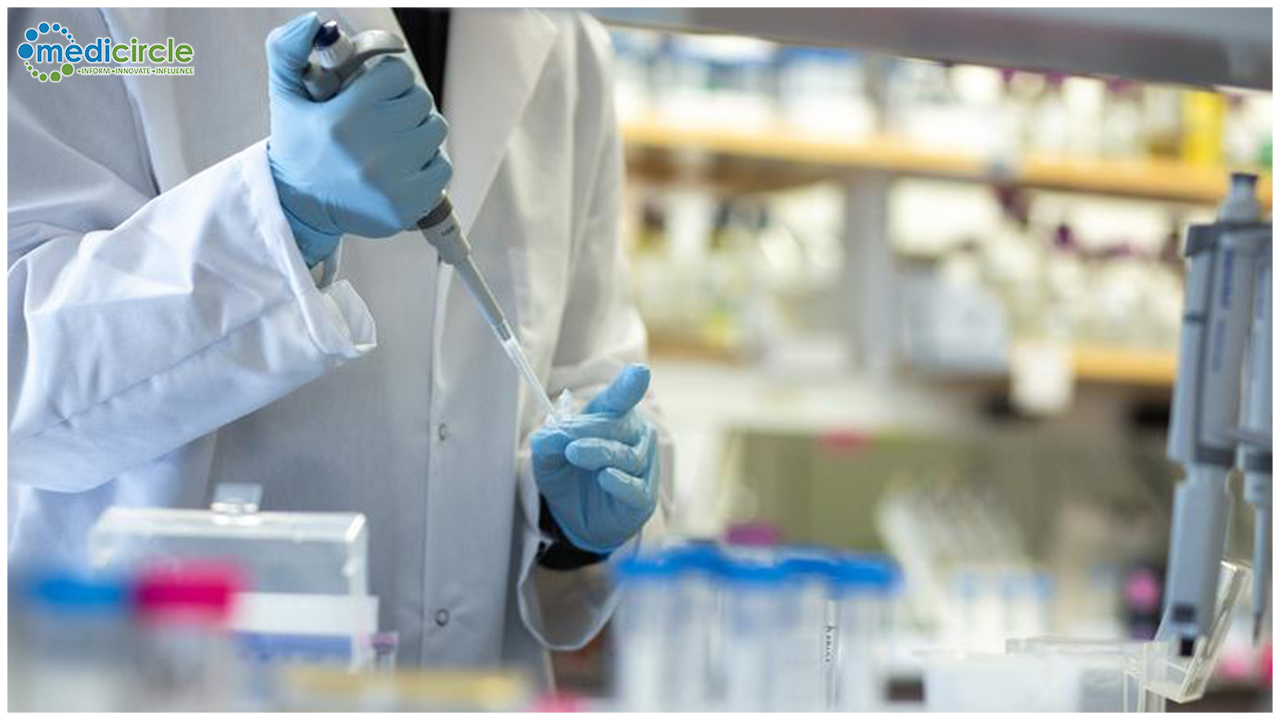The U.S. government will about twofold the sum it pays clinics and clinical focuses to run Abbott Laboratories' huge scope coronavirus tests, an impetus to get the offices to enlist more specialists and grow testing that has missed the mark regarding the machines' latent capacity.
Abbott's m2000 machines, which can process up to 1 million tests for each week, haven't been completely utilized because insufficient professionals have been employed to run them, as indicated by an individual acquainted with the issue. Individuals from the White House's coronavirus team conversed with lab chiefs on a few events a week ago to figure out what was causing the robbery, after Deborah Birx, a top State Department wellbeing official, said they were running at under 10% of their ability.
The explanations for the postponement were reprehensible to Birx and Seema Verma, leader of the Centers for Medicare and Medicaid Services, said the individual, who declined to be distinguished because the data isn't open. The two authorities acted rapidly throughout the end of the week to address the issue, and raised the sum CMS pays to $100 per test, up from about $51, the individual said.
The U.S. has confronted rehashed issues and disappointments with analytic tests as the nation now at the focal point of the pandemic endeavors to distinguish patients and segregate them. Wellbeing laborers and authorities have referred to long postponements in getting results, just as constrained accessibility of tests from different sources.
Another issue causing delays with the Abbott machines includes a lack of fundamental parts expected to run the tests, as per the Association of American Medical Colleges, which speaks to the scholastic medication network that claims a significant number of the 175 Abbott machines the nation over.
Supply Shortage
An absence of reagents, swabs, individual defensive rigging, and concentrated hardware have seriously hampered the testing limit, as per an April 13 letter to Birx from AAMC Chief Executive Officer David Skorton.
"The powerlessness to make sure about sufficient amounts of any of these parts will bring about the lower testing limit," Skorton said. "The nonappearance of specific parts could bring about testing machines sitting unused."
Now and again, labs attempting to buy parts, reagents and test cartridges to decide whether patients have Covid-19 have been not able to do as such, as they have been informed that the government or different research centers have a higher need, the letter said.
The gathering asked that the national government play a more grounded job in dealing with the testing circumstance the nation over, including making a framework to report supply deficiencies and dealing with the inventory network for those parts.
Abbott said it has a reliable inventory of reagents, the synthetics used to play out the research center tests.

 The government will pay $100 per test, up from $51 to spur use as lack of technicians to run tests accounted for the shortfall
The government will pay $100 per test, up from $51 to spur use as lack of technicians to run tests accounted for the shortfall




.jpeg)

.jpeg)




.jpeg)







.jpeg)




.jpeg)








